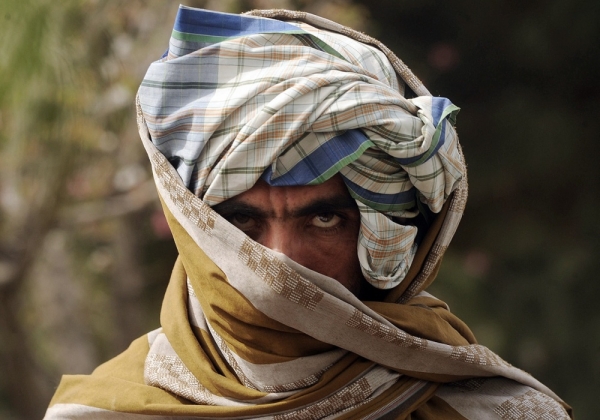
Rustam Azizi, a Tajik expert in countering violent extremism, believes that there is no clear and consistent strategy on the international stage to counter terrorism.
Events in Syria have reportedly drawn global attention, sparking shock, emotional debates, and mixed analysis. However, some key lessons have become evident. Regimes relying solely on external support are unstable and doomed to collapse. "Allies" quickly shift their rhetoric, reclassifying “terrorists” as “opposition.”
The expert notes that leading global players, such as the U.S. and Russia, demonstrate flexibility in changing their rhetoric and strategies, creating uncertainty for developing countries, particularly in Central Asia.
Such conceptual juggling does little to strengthen stability and security. The examples of Syria and Afghanistan highlight the weaknesses of security systems reliant on external backers, as well as tribal, clan, or ethnic ties, making them ineffective during crises.
Both cases underscore the need for long-term solutions to ensure resilience. The modern world is undergoing significant changes in counter-terrorism discourse. Events in Syria, Afghanistan, and other hotspots have substantially transformed global approaches to defining extremism and terrorism.
Global shifts in the counter-terrorism agenda
Experts, researchers, and even ordinary citizens have noticed that in recent years, the international counter-terrorism discourse has changed beyond recognition.
Organizations and individuals previously considered terrorist are now regarded as "armed opposition" or are entirely removed from sanctions lists. This is most evident in calls to change the status of the Taliban movement. The entire architecture of regional security cooperation in Central Asia, built since the early 1990s, was shaped around threats emanating from Afghanistan in general and the Taliban in particular. This is reflected in counter-terrorism strategies of the CSTO, SCO, and other organizations.
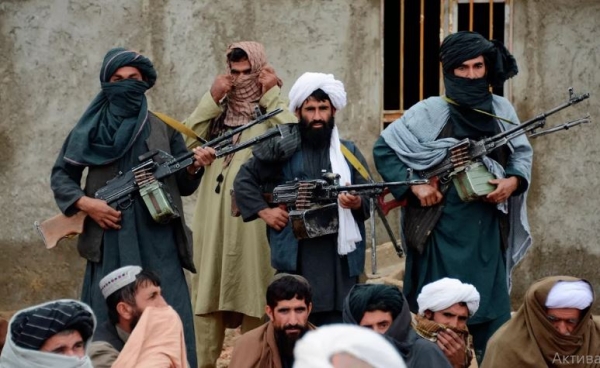
Taliban
If the Taliban in Afghanistan were long considered terrorists, many now attempt to present them as "normal guys" with whom one can engage—or as alternatives and allies against the "really bad guys" from ISIS-Khorasan.
Today, Taliban representatives become honored guests at various international events, seeking to persuade regional countries to soften their stance, “give them a chance to prove themselves,” and even remove them from the list of banned organizations.
Similar transformations occurred in Syria, where the rhetoric regarding the group Hayat Tahrir al-Sham changed within a single week.
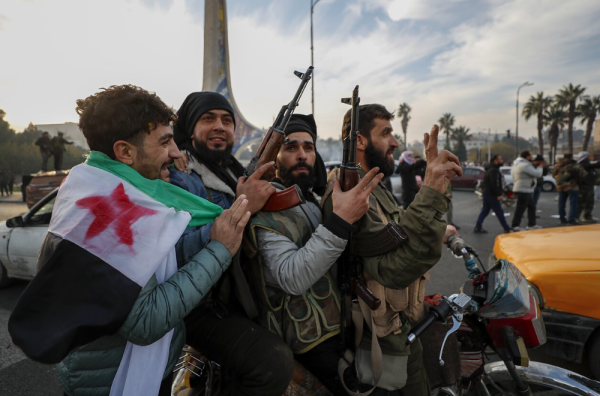
Syria
A notable precedent has emerged: one of its leaders, Abu Muhammad al-Julani, once labeled a "terrorist" with a US$10 million bounty on his head, was recently removed from the wanted list.
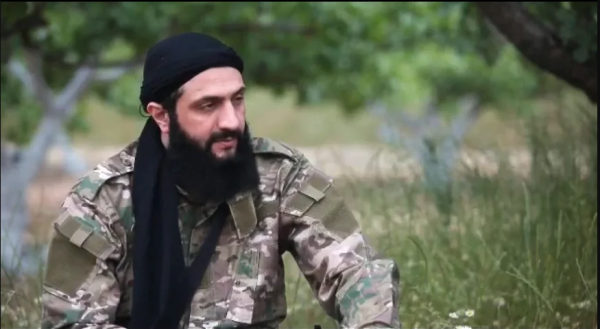
Abu Muhammad al-Julani
Bashar al-Assad is a reverse example: once a "legitimate" president, he became the "head of a faction" accused of civilian killings. He sought help from Russia, Iran, Hezbollah, and other forces, but even his army turned against him. This, coupled with publications about Assad regime crimes, reportedly creates a striking contrast, making him appear more acceptable to the global community.
These shifts underscore that global players are guided by strategic interests rather than universal principles of international law. Such flexibility allows major powers to adapt to the new geopolitical reality but leaves developing countries in a state of uncertainty, especially regarding internal threats and national interests.
Central Asian Countries’ Response to Changes in the Counter-Terrorism Agenda
Central Asian countries find themselves in a challenging situation. Their counter-terrorism strategies, official narratives, and public discourse were developed under the influence of international recommendations that have lost relevance in the new reality.
This creates three main challenges:
Difficulty in revising strategies and narratives – National strategies were built on rigid principles of countering “religious extremism.” The changing global discourse necessitates revising legislation, which involves financial, administrative, and social difficulties. The confusion and uncertainty resulting from recent developments hinder developing countries from maintaining a unified counter-terrorism agenda.
Escalating local threats – The international community's legitimization of some groups enables them to intensify their activities. For Central Asian neighbors of unstable Afghanistan, this means the growth and evolution of threats from extremist groups. Challenges also include the return of former fighters, recruitment of new members domestically and among migrants, and the expansion of jihadist ideology's influence in the information space, emphasizing the success of armed power seizures in Afghanistan and Syria.
Internal distrust – Rapid changes in official rhetoric can be perceived by the public as a sign of weakness or inconsistency, undermining trust in official discourse and exacerbating internal conflicts within communities.
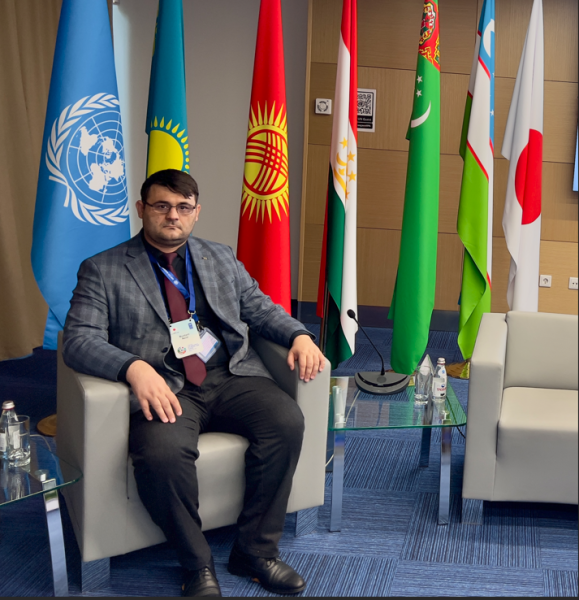
Article author Rustam Azizi
Conclusion
Changes in global counter-terrorism discourse necessitate the revision of national strategies and action plans for Central Asian countries.
In the context of an unstable global order, adapting approaches becomes essential for ensuring sustainable security and stability. Success in countering extremism and terrorism depends on strategic flexibility, independence, and the ability to adapt quickly.
Integrating national interests with regional initiatives and considering new global trends can form a reliable foundation for security. At the same time, balancing sovereignty and openness to international cooperation is a complex but pressing task, necessary for sharing experiences, coordinating efforts, and building collective resilience against common threats.
Strengthening the role of civil society and local communities must play a key role in this process.




